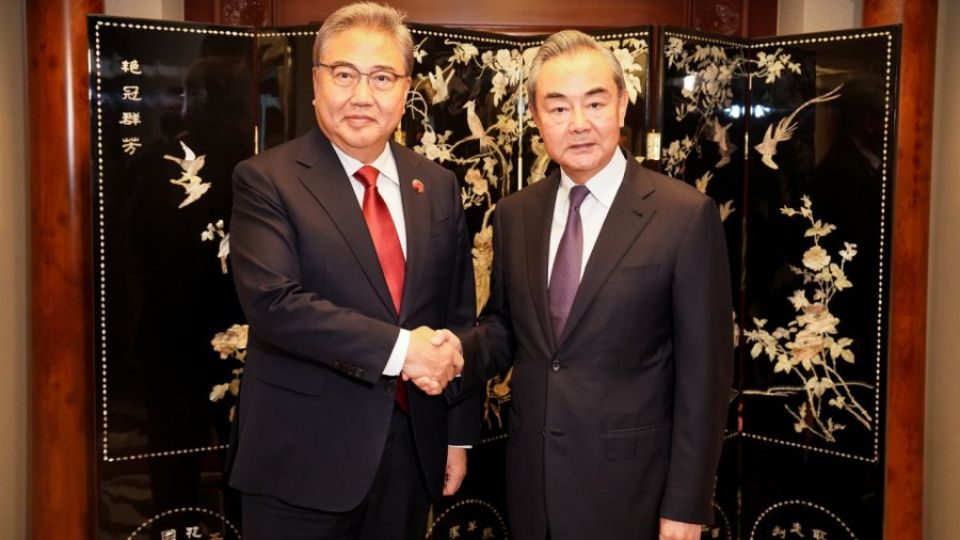July 27, 2023
SEOUL – The Tuesday reshuffle that put China’s top diplomat Wang Yi back in his old job as foreign minister, a post he had held for almost a decade since 2013, could reinforce South Korea’s push to improve ties with its largest neighbor, experts said Wednesday.
According to China’s state media, former Foreign Minister Qin Gang was removed from the job, marking the shortest-ever tenure for the role. Qin assumed the position in December last year but disappeared from public view in June amid speculation that he had fallen from grace. No explanations were given for his departure.
Wang, foreign policy chief for the Chinese Communist Party, a position senior to foreign minister, is likely to assume both roles for the time being. He is expected to keep China’s current foreign policy on course, restoring balance to its relationship with the US while “managing ties with other countries,” according to experts.
“Overall, we have to wait and see how the reshuffle plays out, but I find some optimism in the way Wang has publicly spoken of ties with its neighbors,” said Kang Jun-young, a professor of Chinese studies at Hankuk University of Foreign Studies.
Wang agreed with Foreign Minister Park Jin that Beijing and Seoul should expand joint work on all areas from security to civilian exchanges during a meeting held on the sidelines of the Association of Southeast Asian Nations Regional Forum, the biggest security gathering in the region.
China seems to be pressing ahead with an agenda meant to reboot ties with not only South Korea, but also Japan, according to Choo Jae-woo, a professor of Chinese foreign policy at Kyung Hee University. Choo cited Kyodo News reports this week that Wang proposed Beijing and Tokyo start discussions to potentially reopen the regular three-way talks that include Seoul.
“Wang has shown that China is interested in friendlier ties with its neighbors — be it Korea or Japan. And he was specific about how to make that happen by giving suggestions. That’s something Korea can take as a good sign to try to improve ties,” Choo said.
As the host of this round of talks, Korea is pushing to revive the three-way dialogue within the year — a meeting that has taken place only eight times since 2008. The gathering, which the three countries take turns to host to chiefly discuss economic ties, has been put on hold since 2019, largely because of COVID-19 travel curbs. Strained Seoul-Tokyo ties had also contributed to the delay.
“The three-way talks could take place ahead of the APEC meeting in November, where Chinese President Xi Jinping could meet with US President Joe Biden on the sidelines,” Choo noted, referring to the Asia-Pacific Economic Cooperation gathering set to be held in Washington this year.
In the run-up to the event, China is likely to seek friendly ties with South Korea, as Seoul looks for closer ties with the US, its biggest ally, and Japan, another US ally that makes up part of the three-way coalition, Choo added, referring to a group working on containing North Korea, China’s ally.
However, Chung Jae-hung, director of the Center for Chinese Studies at the Sejong Institute, said South Korea still needs to “work out its fundamental differences with China” to expect better ties.
Seoul and Beijing are still at odds over how Korea maintains its position on the US-led chip alliance and Taiwan, a democratically-ruled island Washington supports, Chung stressed, saying that unless Seoul compromises on those matters, China will be unlikely to meet Korea halfway as they look for a lasting thaw.


